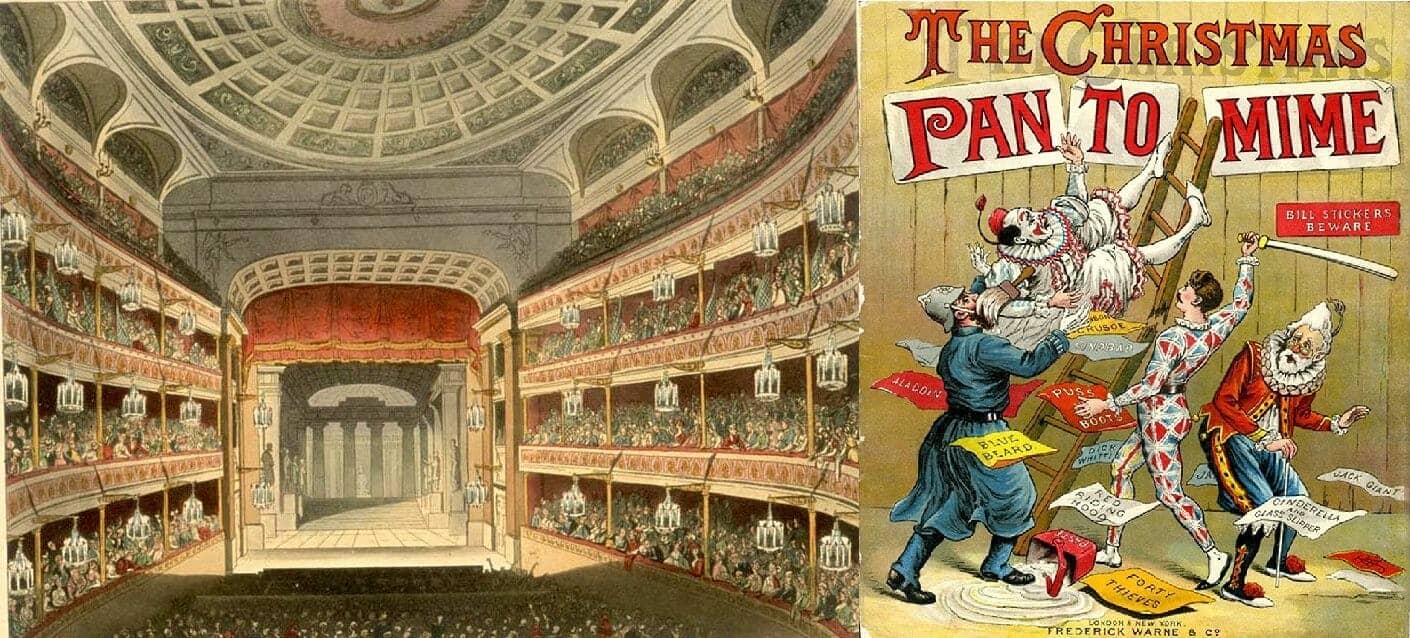│By Hanna Kiiskilä, MA graduate in English language from the University of Turku, Finland│
Choosing a research topic is difficult at any level of study. For me, finding the right database guided my topic and set the course for my entire Master’s thesis. At the beginning of the process of writing my master’s thesis in English Language, I had just epitexts (the surrounding information about a work that does not exist within the work itself but alongside it)1 in mind, but once I had read a few nineteenth-century theatre reviews from The Times Digital Archive, it became clear that they were a subject of study I could not pass up! In my thesis Evaluative Language in the Early Nineteenth-Century Theatre Reviews in The Times Newspaper (2020), I studied historical theatre reviews from the point of view of evaluation (their use of evaluative language) and the impact of contemporary politics. In this blog post I will detail the way I used The Times Digital Archive to collect a dataset that determined the topic of my study.


